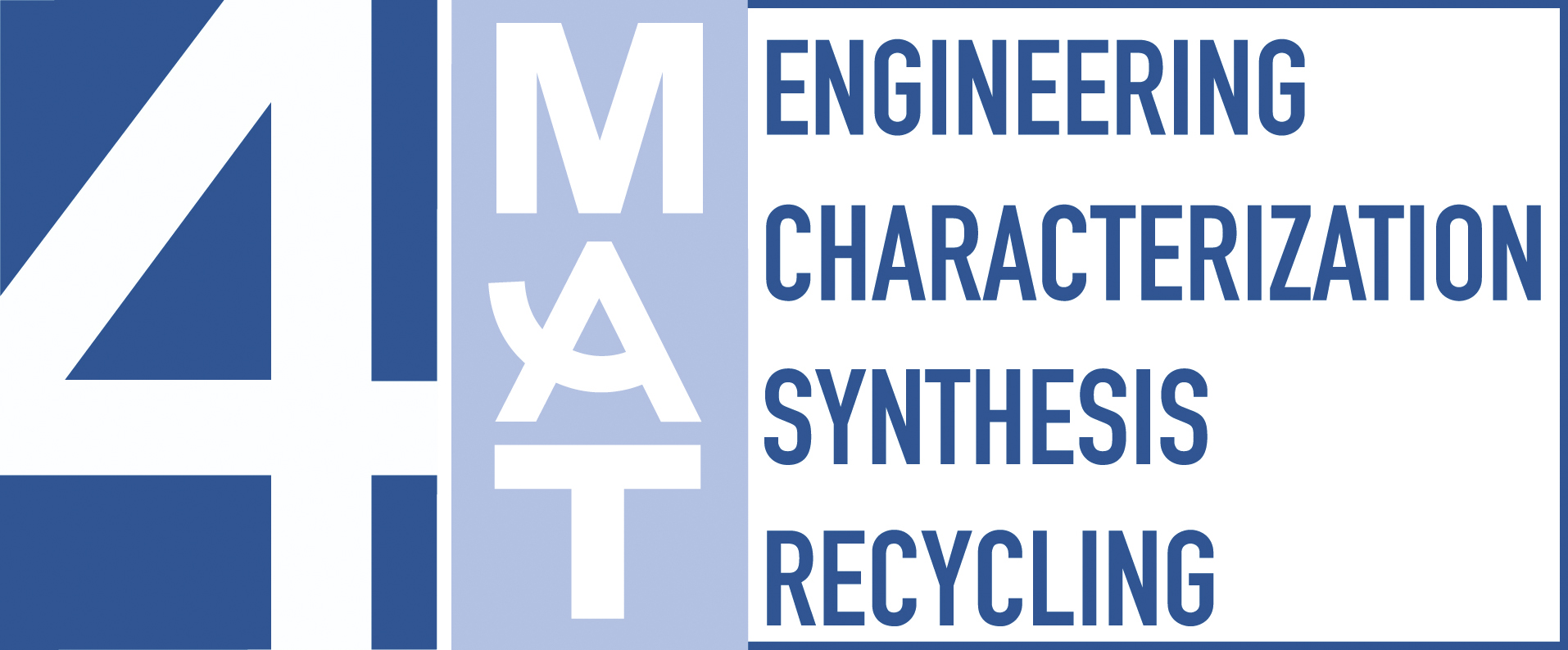In the same section
-
Share this page
SUSMETREES – SUstainable METallurgy REecycling & Energy Storage
- RELiEF : We are an integral part of the Horizon EU project RELiEF in which we have developed
-
- A novel microwave assisted leaching technology to extract >95% of lithium from pegmatite mine tailings in Portugal. The process was also chosen by the consortium partner INEGI on the basis of its low environmental impact and cost effectiveness to be scaled up for demonstration in a lab scale pilot. ULB along with the project coordinator AVESTA will jointly develop the scaled up microwave technology in 2025.
- ULB has also developed an electrolysis methodology wherein the lithium in the solution can be converted into lithium carbonate product of the exceptional purity that can be used as a precursor in battery manufacturing.
- We have also developed a system using electrochemical ion pumping technology wherein an asymmetric reactor with lithium iron phosphate/ iron phosphate electrodes are utilized to extract lithium selectively over other metal ions such as sodium and potassium.
- Solvometallurgical and electrochemical pathways to recover copper and cobalt from primary ores in Kamwale and mine tailings in Kakanda, DRC (ULB in cooperation with University of Lubumbashi/DRC (September 2022-Ongoing)
-
In this project we are developing solvometallurgical pathways to selectively extract copper and cobalt from complex primary ores of the Kamwale region in DRC and from the mine tailings of Kakanda region.
The emphasis here is on process intensification where multiple unit operations are combined in a single step to reduce the heavy material footprint of mining industries.
- ULB-ARES (September 2024-Ongoing) in collaboration with University of Lubumbashi/DRC
-
We have been granted a fund for a PhD student who will work on recovering lithium and manganese from primary ores of DRC.
The project will focus on building a resilient supply chain of battery grade materials in Democratic Republic of Congo where the focus will be on developing metallurgical processes to recover lithium/manganese at reasonable purity but also to integrate it into cathode active materials and test them electrochemically. - NORA – PoleMechaTech
-
4MAT is a part of the new recently granted (October 2024)
NORA project from Walloon region where we will focus on creating direct regenerative electrochemical pathways for recycling LFP based end-of-life lithium ion batteries.
- AVESTA-ULB Joint PhD
-
From December 2024, 4MAT will jointly supervise the PhD candidate Aravinda Swamy Venkatesh on the topic of recycling graphite materials from EOL lithium ion batteries.
- FNRS Project Development Of Next-Generation Smart Composite Membranes For The Recycling Of Critical Rare Earth Elements (SCOREE)
-
Dr. Ramasamy has been granted a 3 year FNRS project since November 2023 to develop novel membranes that can selectively transport rare earth ions over other metal ions.
- ULB-Uni Bologna collaboration project: In collaboration with UniBologna
-
ULB has developed a novel recycling methodology that is based on redox regeneration and membrane electrolysis to recover rare earth metals from NdFeB magnet waste.
This process, for the first time, demonstrates a completely electrified pathway wherein no chemical reagent is consumed externally but all reagents such as leachant, precipitating reagent and neutralizing reagents are created electrochemically.
A patent application is to be filed soon. - ULB- Battery recycling process developed with the help of Fonds d’encouragement a la recherche (ongoing)
-
4MAT has developed an electrochemical methodology where we circumvent the major issue of “sodium sulfate dilemma” that the current battery recyclers are struggling to solve.
We have developed an early stage lithium recovery technology which recovers lithium from the blackmass in the very first step selectively wherein >95% of lithium is recovered selectively with less than 0.5% impurities from other transition metals leached into the solution.
A patent application is to be filed in the near future
